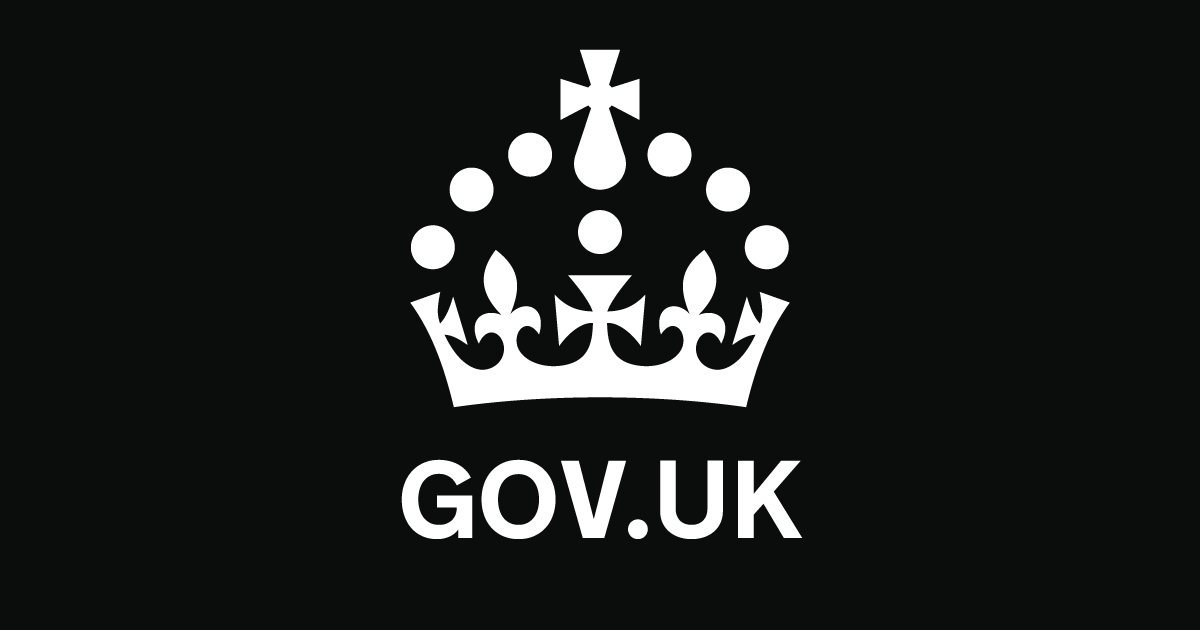G20 putting crypto under the microscope...
 web-archive.oecd.org
web-archive.oecd.org
More:
The OECD delivered today a new global tax transparency framework to provide for the reporting and exchange of information with respect to crypto-assets.
The Crypto-Asset Reporting Framework (CARF) responds to a G20 request that the OECD develop a framework for the automatic exchange of information between countries on crypto-assets. The CARF will be presented to G20 Finance Ministers and Central Bank Governors for discussion at their next meeting on 12-13 October in Washington D.C, as part of the latest OECD Secretary-General’s Tax Report.
The new transparency initiative, developed together with G20 countries, comes against the backdrop of a rapid adoption of the use of crypto-assets for a wide range of investment and financial uses. Unlike traditional financial products, crypto-assets can be transferred and held without the intervention of traditional financial intermediaries, such as banks, and without any central administrator having full visibility on either the transactions carried out or on crypto-asset holdings. The crypto market has also given rise to new intermediaries and service providers, such as crypto-asset exchanges and wallet providers, many of which currently remain unregulated.
These developments mean that crypto-assets and related transactions are not comprehensively covered by the OECD/G20 Common Reporting Standard (CRS), increasing the likelihood of their use for tax evasion while undermining the progress made in tax transparency through the adoption of the CRS.
“The Common Reporting Standard has been very successful in the fight against international tax evasion. In 2021, over 100 jurisdictions exchanged information on 111 million financial accounts, covering total assets of EUR 11 trillion,” OECD Secretary-General Mathias Cormann said. “Today’s presentation of the new crypto-asset reporting framework and amendments to the Common Reporting Standard will ensure that the tax transparency architecture remains up-to-date and effective.”
In this vein, the CARF will ensure transparency with respect to crypto-asset transactions, through automatically exchanging such information with the jurisdictions of residence of taxpayers on an annual basis, in a standardised manner similar to the CRS.
The CARF will target any digital representation of value that relies on a cryptographically secured distributed ledger or a similar technology to validate and secure transactions. Carve-outs are foreseen for assets that cannot be used for payment or investment purposes and for assets already fully covered by the CRS. Entities or individuals that provide services effectuating exchange transactions in crypto-assets for, or on behalf of customers would be obliged to report under the CARF.
The CARF contains model rules that can be transposed into domestic legislation, and commentary to help administrations with implementation. Over the next months, the OECD will be taking forward work on the legal and operational instruments to facilitate the international exchange of information collected on that basis of the CARF and to ensure its effective and widespread implementation, including the timing for starting exchanges under the CARF.
The OECD has also put forward to the G20 a set of further amendments to the CRS, intended to modernise its scope to comprehensively cover digital financial products and to improve its operation, taking into account the experience gained by countries and business. As with the CARF, this work will be complemented with an update to the international legal and operational mechanisms for the automatic exchange of information pursuant to the amended CRS, as well as with a coordinated timelines to bring the agreed amendments into effect.
...
OECD Web Archive
More:
Last edited:



